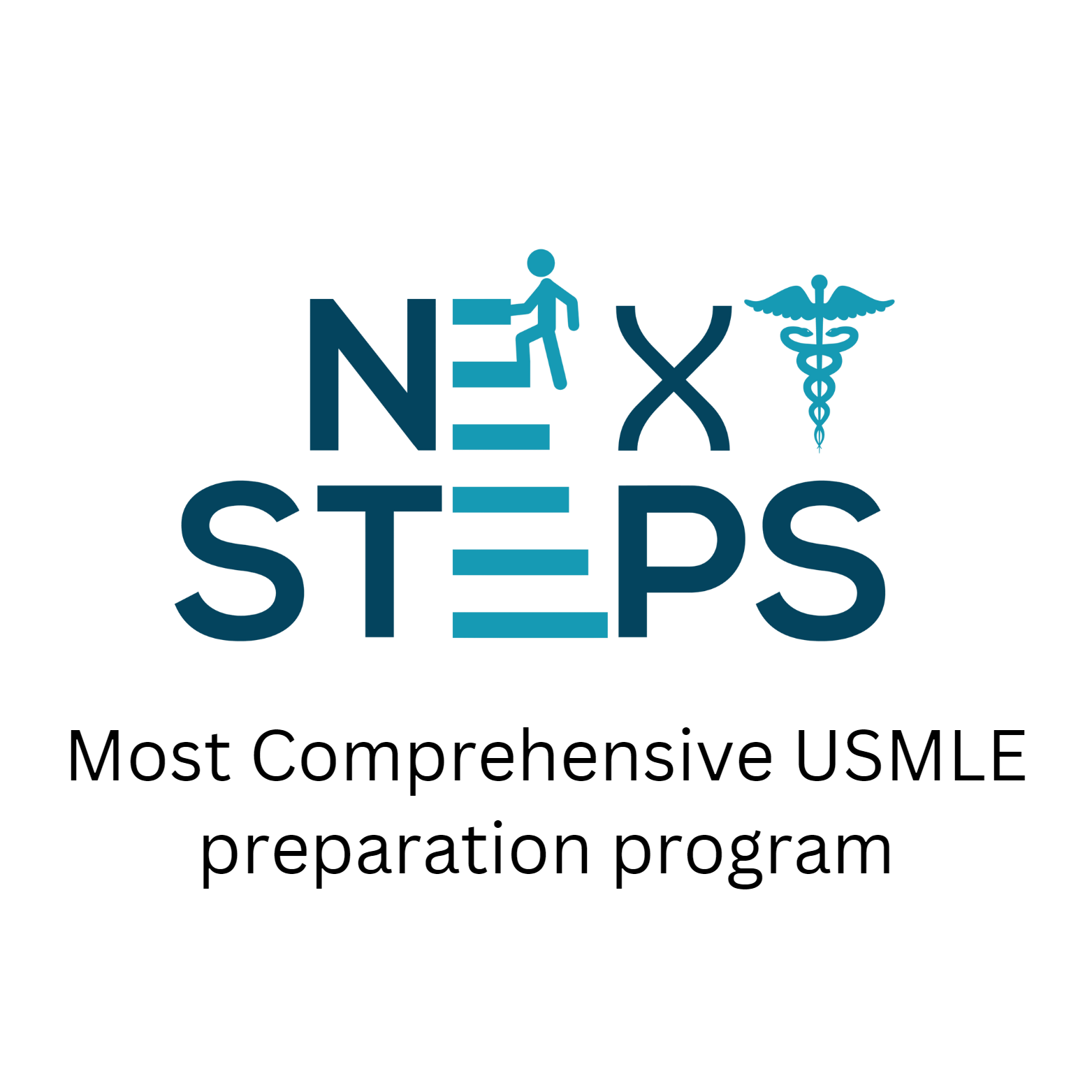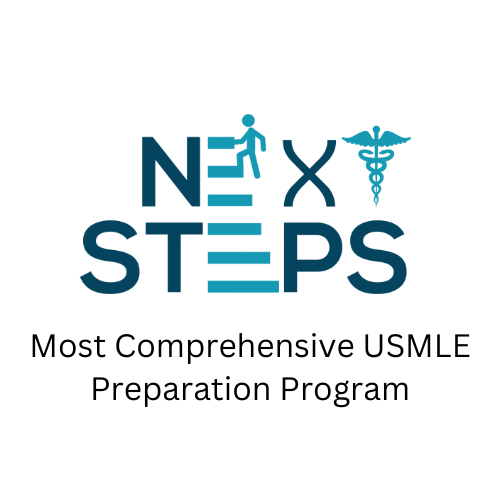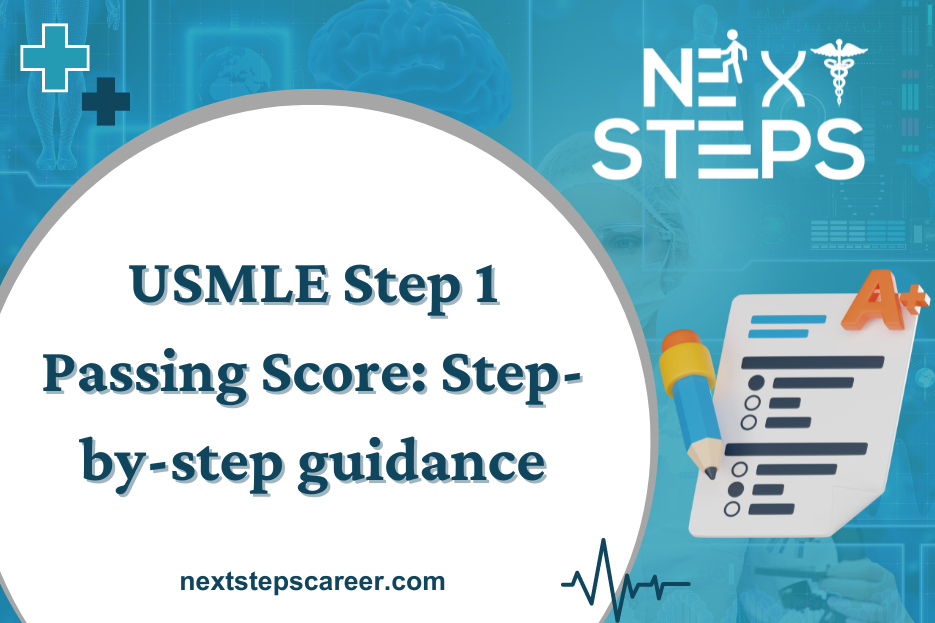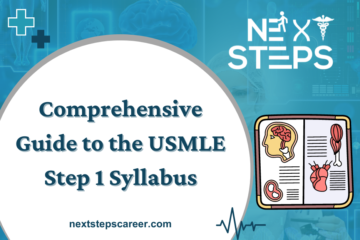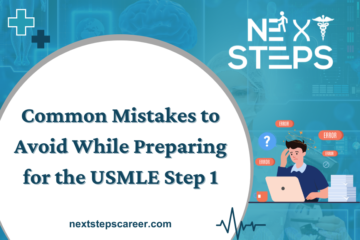The USMLE Step 1 is one of the most challenging exams medical students face on their journey to becoming licensed physicians in the United States. A crucial aspect of this exam is understanding the passing score, which determines whether you’ve met the minimum standards set by the medical licensing authorities. This guide provides a comprehensive overview of the USMLE Step 1 passing score, its implications, and tips on how to achieve it.
What is the USMLE Step 1 Passing Score?
The USMLE (United States Medical Licensing Examination) Step 1 passing score is the minimum score required to pass the exam and proceed with your medical licensing process. As of January 26, 2022, the passing score for the USMLE Step 1 is 196. This score represents the benchmark set by the USMLE program to ensure that examinees have acquired the foundational knowledge necessary for safe and effective medical practice.
Importance of the USMLE Step 1 Passing Score
1. Licensure Requirement:
-
- Passing the USMLE Step 1 is a mandatory requirement for medical licensure in the United States. Without passing this exam, you cannot move on to subsequent steps in the licensing process.
2. Residency Applications:
-
- Although the USMLE Step 1 has transitioned to a pass/fail scoring system, achieving a passing score is still crucial for residency applications. Some residency programs may still consider your numerical score for screening purposes.
3. Academic Progression:
-
- Many medical schools require students to pass the USMLE Step 1 to progress to the next stage of their education, such as starting clinical rotations or moving into the final years of their medical program.
4. Self-Assessment:
-
- Passing the USMLE Step 1 serves as a benchmark for assessing your knowledge and readiness for future medical practice. It helps identify areas where you may need further study and improvement.
Achieving the USMLE Step 1 Passing Score
Achieving the passing score on the USMLE Step 1 requires thorough preparation and a strategic approach. Here are some tips to help you succeed:
1. Develop a Study Plan:
-
- Create a detailed study plan that outlines your daily, weekly, and monthly study goals. Allocate specific time blocks for each subject area and stick to your schedule.
2. Use High-Yield Resources:
-
- Focus on high-yield study materials such as “First Aid for the USMLE Step 1,” UWorld question banks, Pathoma, and Next Steps Lectures. These resources are known for their comprehensive coverage and high-yield content.
3. Practice Regularly:
-
- Regularly practice with USMLE-style questions to familiarize yourself with the exam format and question types. Use resources like UWorld, the Next Steps Mentoring App, and NBME practice exams to assess your knowledge and improve your test-taking skills.
4. Review and Revise:
-
- Continuously review and revise the material you have studied. Use flashcards, summary notes, and high-yield outlines to reinforce key concepts and improve retention.
5. Focus on Weak Areas:
-
- Identify your weak areas through practice tests and dedicate extra time to mastering those topics. Use targeted resources and seek help from peers or mentors if needed.
6. Maintain a Healthy Balance:
-
- Ensure you maintain a healthy balance between studying and self-care. Get adequate sleep, exercise regularly, and take breaks to avoid burnout and maintain productivity.
Common Challenges and How to Overcome Them
1. Information Overload:
-
- The vast amount of material covered in the USMLE Step 1 can be overwhelming. To manage this, focus on high-yield topics and use concise, well-organized resources. Create summaries and outlines to condense the material into manageable sections.
2. Time Management:
-
- Balancing study time with other responsibilities can be challenging. Develop a realistic study schedule and prioritize your tasks. Use time management techniques like the Pomodoro Technique to stay focused and productive.
3. Test Anxiety:
-
- Test anxiety is a common issue faced by many students. To combat this, practice relaxation techniques such as deep breathing, meditation, or yoga. Simulate exam conditions during your practice tests to build confidence and reduce anxiety.
4. Maintaining Motivation:
-
- Staying motivated throughout the study period can be difficult. Set short-term goals and reward yourself for achieving them. Study with peers to stay accountable and motivated.
Conclusion
Understanding the USMLE Step 1 passing score and its importance is crucial for your medical career. Achieving a passing score requires thorough preparation, effective study strategies, and a healthy balance between studying and self-care. By following the tips outlined in this guide, you can increase your chances of passing the USMLE Step 1 and move closer to achieving your goal of becoming a licensed physician. Remember, consistent effort, strategic planning, and a positive mindset are key to your success. Good luck!
